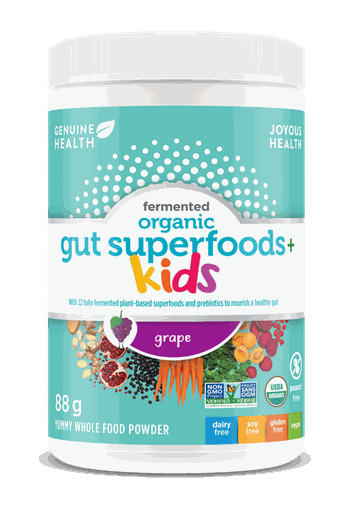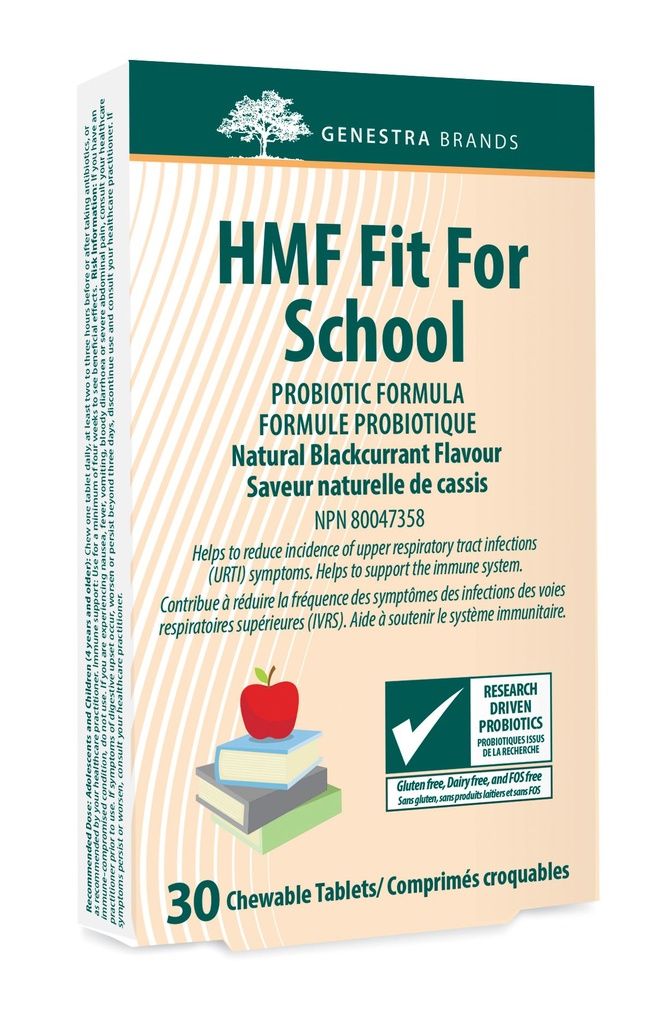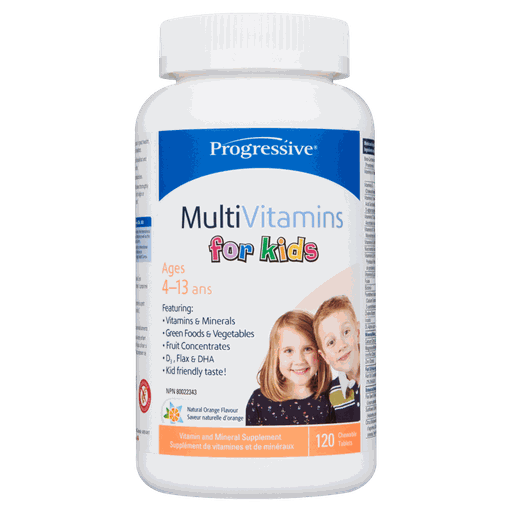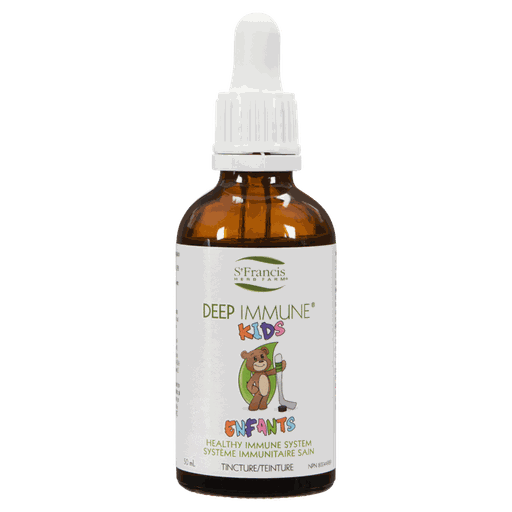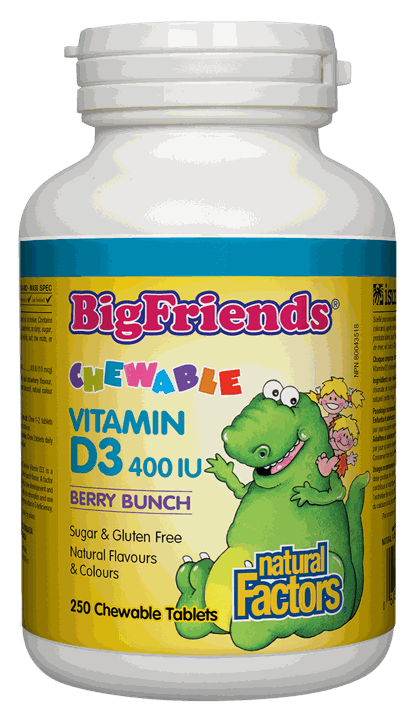As children continue to grow and mature, it is critical that they are getting the proper nutrients to support their physical and mental development. A primary guideline for a healthy diet includes:
- Clean, whole foods (organic is preferable)
- Eating a variety of fruits and vegetables
- Balance of healthy carbohydrates, protein, and fats
- Clean, pure water
- Time to relax while they eat
- Chewing their food thoroughly
While the above guideline is a best case scenario, that doesn’t always go according to plan when it comes to children. While we always want to primarily focus on food, sometimes supplements are needed to support your developing child’s nutritional needs. We can do our best to ensure they are eating right, but with soil nutrient depletion, pesticides/environmental toxins, and picky eaters (to name a few), it can be challenging to get all they nutrients they need from food alone.
If you are thinking about incorporating supplements into your children’s/child diet, here are a few tips. As always, please consult a practitioner before starting any new supplement.
Multivitamin
A good quality multivitamin should contain all the essential vitamins and the basic minerals such as zinc, selenium, magnesium, calcium, chromium, iodine, and manganese. This ensures they are getting a wide variety of nutrients that might be missing from their diet. Added benefits to any multivitamins is a fruit and vegetable blend which would provide powerful antioxidants and polyphenols.
Vitamin C
This Vitamin is best known for its support for the immune system. While fresh fruits and vegetables provide ample amounts of Vitamin C, it may be beneficial to increase the amount during cold and flu season or in times of stress.
Vitamin D
Viruses, environmental pollutants, toxins, stress, and many other factors that can impact our immune systems functionality so it is critical that we make sure we are getting enough Vitamin D. If kids aren’t getting Vitamin D from the sun (hello Calgary winters!), then they may need to take a supplement. While some foods like liver, eggs, milk, etc. contain a small amount, it might not be enough, so getting bloodwork to determine your Vitamin D levels or speaking to your practitioner is a great place to start.
Magnesium
Important for nervous system regulation, muscle function, healthy bones and teeth, and so much more, magnesium is a mineral you want to make sure you are getting enough of! In children, a deficiency may present as restlessness, irritability, difficulty sleeping, and muscle cramps.
Prebiotics/Probiotics
Prebiotics (fiber) feed the healthy bacteria in our gut and probiotics are the healthy, live bacteria in our intestinal tract. They work together to ensure you have a wonderful array of healthy bacteria flourishing in your colon. Eating enough foods rich in probiotics and prebiotics can sometimes be a challenge when it comes to kids, as they typically aren’t looking forward to eating vegetables and sauerkraut. If your child is having digestion issues like constipation, a prebiotic and probiotic supplement can be a great option to improve digestion, provide regular bowel movements, and support the immune system and brain function.
All information and tools presented and written within this article are for educational and Informational purposes only. Any nutrition, lifestyle and product recommendations are not intended to diagnose, treat, cure, or prevent any disease. Before starting any new supplements, diet and exercise program please check with your doctor or practitioner.
.


